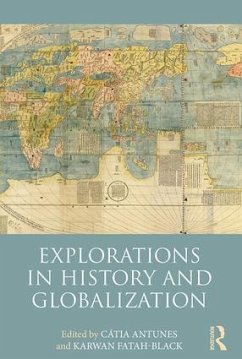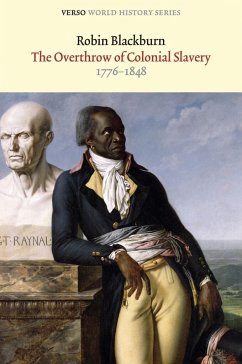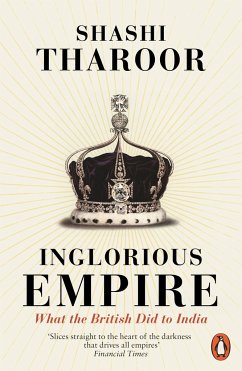
Decolonization
Unsung Heroes of the Resistance
Übersetzer: Wood, Willard

PAYBACK Punkte
10 °P sammeln!
"Full of gripping historical vignettes and evocative photographs, an accessible overview of the dynamic figures who resisted colonization, from India, Senegal, and Algeria to Vietnam, Kenya, and Congo. Decolonization started on the very first day of colonization. From the arrival of the Europeans, the peoples of Africa and Asia rose up. No one willingly accepts subjugation, but in order to one day regain freedom, you first and foremost need to stay alive. Faced with the Europeans' machine guns, the colonized hit back in other ways: from civil disobedience to communist revolution, by way of soc...
"Full of gripping historical vignettes and evocative photographs, an accessible overview of the dynamic figures who resisted colonization, from India, Senegal, and Algeria to Vietnam, Kenya, and Congo. Decolonization started on the very first day of colonization. From the arrival of the Europeans, the peoples of Africa and Asia rose up. No one willingly accepts subjugation, but in order to one day regain freedom, you first and foremost need to stay alive. Faced with the Europeans' machine guns, the colonized hit back in other ways: from civil disobedience to communist revolution, by way of soccer and literature. It was a struggle marked by infinite patience and unlimited determination, fought by heroic men and women now largely unknown. Condensing a wealth of scholarly research into short, lively chapters, Decolonization brings their extraordinary stories to light: Manikarnika Tambe, the Indian queen who led her troops into battle against the British; Mary Nyanjiru, the Kenyan activist who spearheaded a protest in Nairobi; Lamine Senghor, the Senegalese infantryman who became an anti-colonial militant in Paris; and many more. With them, a current of resistance swept the world, culminating in the independence of almost all the colonies in the 1960s. But at what price? In the atomic India of Indira Gandhi, in the Congo subjected to Mobutu's dictatorship, or in a London shaken by the rioting of young immigrants, we can see just how crucial it is that we understand and learn from this painful history"--













